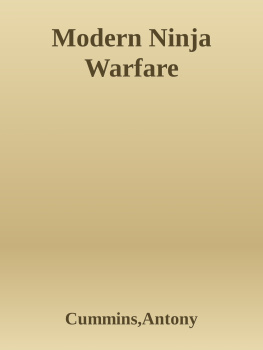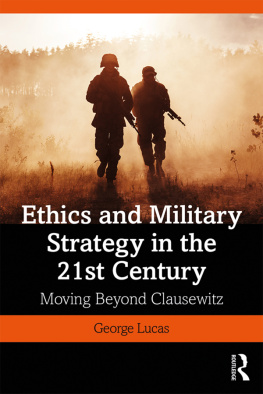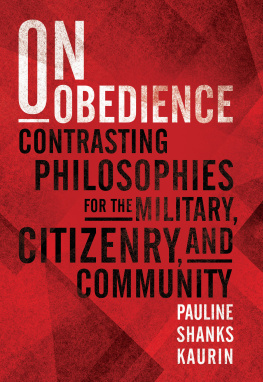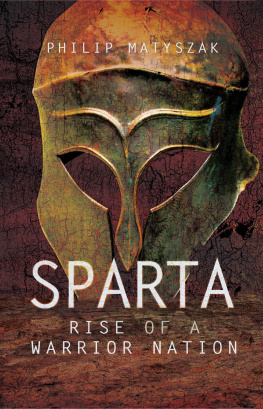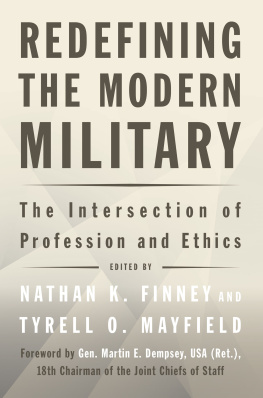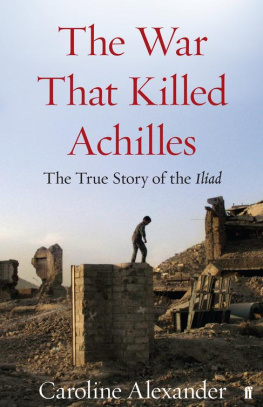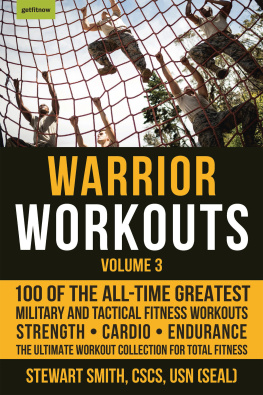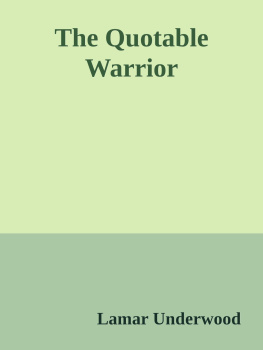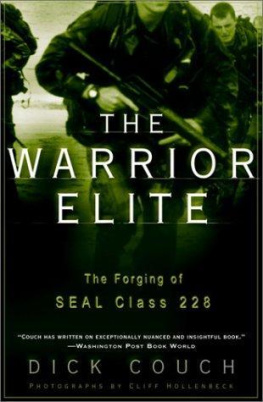Acknowledgments
This book would not have been possible without the work and support of many people and organizations, to whom I owe deep gratitude and appreciation. This book represents my scholarly work over the last 15 years and owes much to the people and communities who have shaped that work.
First, I must credit the support of the International Society for Military Ethics (ISME), and my bright, kind, and energetic colleagues who have supported and commented on my work over the years. They are an incredible community and I have been honored to be a part of their ranks. I especially owe gratitude to Fran Harbour, Rebecca Johnson, Mark Maddox, George Lucas, Jr., James Cook, Martin Cook, David Perry, William Rhodes, Davida Kellogg, Bradley Strawser, Carlos Bertha, Michael Brough, Reuben Brigety, and many others who have commented on and shaped my work and ideas.
Second, the work in this book was supported by my institutional home for the last 15 years, Pacific Lutheran University and my colleagues in the Philosophy Department and across the university. I benefitted from the Kelmer Roe Fellowship in the Humanities for the chapter on Non-Lethal Weapons and my student, Calvin Moore, whom I worked with and was the inspiration and support for developing those ideas. I also benefitted from the George Arbaugh Endowment in the Department of Philosophy and PLUs generous sabbatical program for supporting the work on this book in 201112, and for funding travel to the US Naval Academy and the US Military Academy during that year. Most of all, I thank my students who, as always, ask wonderful questions and challenge me as a professor and a scholar. My Experience of War, Military Ethics, First Year Writing Seminar, Capstone and Philosophical Issues in the Law courses have been fertile breeding and testing ground for my ideas and arguments; they are better for having been engaged first by my students.
Third, I thank colleagues at the US Naval Academy and US Military Academy, especially Bradley Strawser, Edward Barrett, Michael Skerker, Chris Mayer, and David Barnes, who hosted me during my visits in the Fall of 2011. They were all wonderful hosts and I thank them for their hospitality and collegiality. I would also like to thank George Lucas Jr., Al Pierce and the US Naval Academy who hosted a NEH Faculty Seminar at Annapolis in the Summer of 2004; they assembled an impressive group of colleagues and gave us all a tremendous experience of discussion and deep reflection that has been the springboard for many of the ideas in this book.
Fourth, during the year that I wrote and edited the book I was supported by an incredible array of people, military and civilian, in the Twitter community who gave moral support and engaged me in discussion and critique. Many of the ideas here are better for the engagement of these people, they gave me endless moral support and I heartily thank them. I especially thank my brother, Samuel T. Shanks @profshanks for keeping my spirits up and being a great cheerleader, as always.
Fifth, I thank SUNY Press and Journal of Military Ethics for their permission to reprint previously published material in .
Sixth, I am grateful for Ashgate Press, its reviewers, editors and staff for their confidence in this project, their professionalism and all their hard work to see this work from proposal to completion. I could not have asked for a better experience as a writer and scholar.
Finally, and most importantly, this book would not have been possible without the tireless love and support of, Gregory and my sons McClellan and Trevan, who made countless sacrifices so I could do this project. Thank you.
Bibliography
A Few Good Men (1992), Columbia Pictures, 1992, CD-ROM.
Alexander, John (1999), Future War: Non Lethal Weapons in the Twenty-First Century (New York: St Martins Press).
Aristotle, Nicomeachean Ethics, http://classics.mit.edu/Aristotle/nicomachaen.html.
Belenky, Gregory, Noy, Shabtai and Solomon, Zahava, Battle Stress, Morale, Cohesion, Combat Effectiveness, Heroism and Psychiatric Causalities: The Israeli Experience, in Contemporary Studies in Combat Psychiatry, ed. Gregory Belenky (New York: Greenwood Press, 1987).
Britt, Thomas, Aspects of Identity Predict Engagement in Work Under Adverse Conditions, in Self and Identity Vol. 2 (2003).
Burden, Matthew, The Blog of War (New York: Simon and Schuster, 2006).
Cassidy, Lt. Col. Robert, Back to the Street without Joy: Counter-Insurgency Lessons from Vietnam and other Small Wars, in Parameters (Summer 2004).
Coker, Christopher, Humane War (New York: Routledge, 2001).
Cook, Martin and Hamann, Major Phillip A., The Road to Basra, in Case Studies in Military Ethics, ed. Captain W. Rubel and George Lucas (Boston: Pearson Education, 2004).
Crawford, John, The Last True Story Ill Ever Tell: An Accidental Soldiers Account of the War in Iraq (New York: Riverhead Books, 2005).
Department of Defense, Non-Lethal Weapons Program (2007), Escalation of Force Options www.jnlwp.com.
Francisco de Vitoria, Francisco, in The Ethics of War: Classic and Contemporary Readings, eds Gregory M. Reichberg, Henrik Syse, and Endne Begby (Malden, MA: Blackwell, 2006), p. 317.
Enemark, Christian (2008), Nonlethal weapons and the occupation of Iraq: technology, ethics and law, in Cambridge Review of International Affairs 21(2).
Fidler, David, Non Lethal Weapons and International Law: Three Perspectives on the Future, in The Future of Non-Lethal Weapons: Technologies, Operations, Ethics and Law, ed. Nick Lewer (London: Frank Case, 2002).
French, Shannon, The Code of the Warrior: Exploring Warrior Values Past and Present (Lanham, MD: Rowman and Littlefield Publishers, 2004).
Filkins, Dexter, The Fall of the Warrior King, October 23, 2005. http://www.nytimes.com/2005/10/23/magazine/23sassaman.html?pagewanted=all&_r=0.
Franke, Volker C., Resolving Identity Tensions: The Case of the Peacekeeper, Vol. XIX No. 2 (Fall 1999).
Gabriel, Richard and Savage, Paul, Crisis in Command: Mismanagement in the Army (NY: Hill and Wang, 1979).
Gert, Bernard, Loyalty and Morality, in Loyalty (NOMOS LIV) ed. Sanford Levinson, Joel Parker and Paul Woodruff (New York: New York University Press, 2013), p. 12.
Glanville, Luke, The Myth of Traditional Sovereignty, in International Studies Quarterly (2013), Vol. 57.
Greenwood, Lauren, Testing the Cultural Boundaries of the British Military, in Humanitarian Practice Network (Issue 56), January 2013.
Gross, Michael, Moral Dilemmas of Modern War: Torture, Assassination and Blackmail in Asymmetric War (Cambridge, MA: Cambridge University Press, 2010).
Hall, Maj. Brian F. and Wagie, Col. David, The US Air Force Academys Cutting Edge Character Development Program, in Airpower Journal (Summer 1996).
Hallie, Phillip P., Lest Innocent Blood Be Shed (New York: Harper and Row, 1979).
Han, Sanjoon, Aftermath in Operation Homecoming: Iraq, Afghanistan and the Home Front in the Words of US Troops and Their Families, ed. Andrew Carroll (New York: Random House, 2006).
Hartrick Doane, Gweneth A., Am I Still Ethical? The Socially-Mediated Process of Nurses Morality Identity, in Nursing Ethics 9(6) 2002.
Homer, The Iliad, translated Robert Fagles (New York: Penguin Books, 1990).
Hume, David. A., Treatise on Human Nature, ed. P.H. Nidditch (Oxford: Oxford University Press, 1992).
Johnson, Rebecca, METC (Military Ethics Twitter Course) http://endeavortopersevere.wordpress.com/2013/02/20/metc-ethical-fitness/.
Kaurin, Pauline, With Fear and Trembling: An Ethical Framework for Non-Lethal Weapons, in


